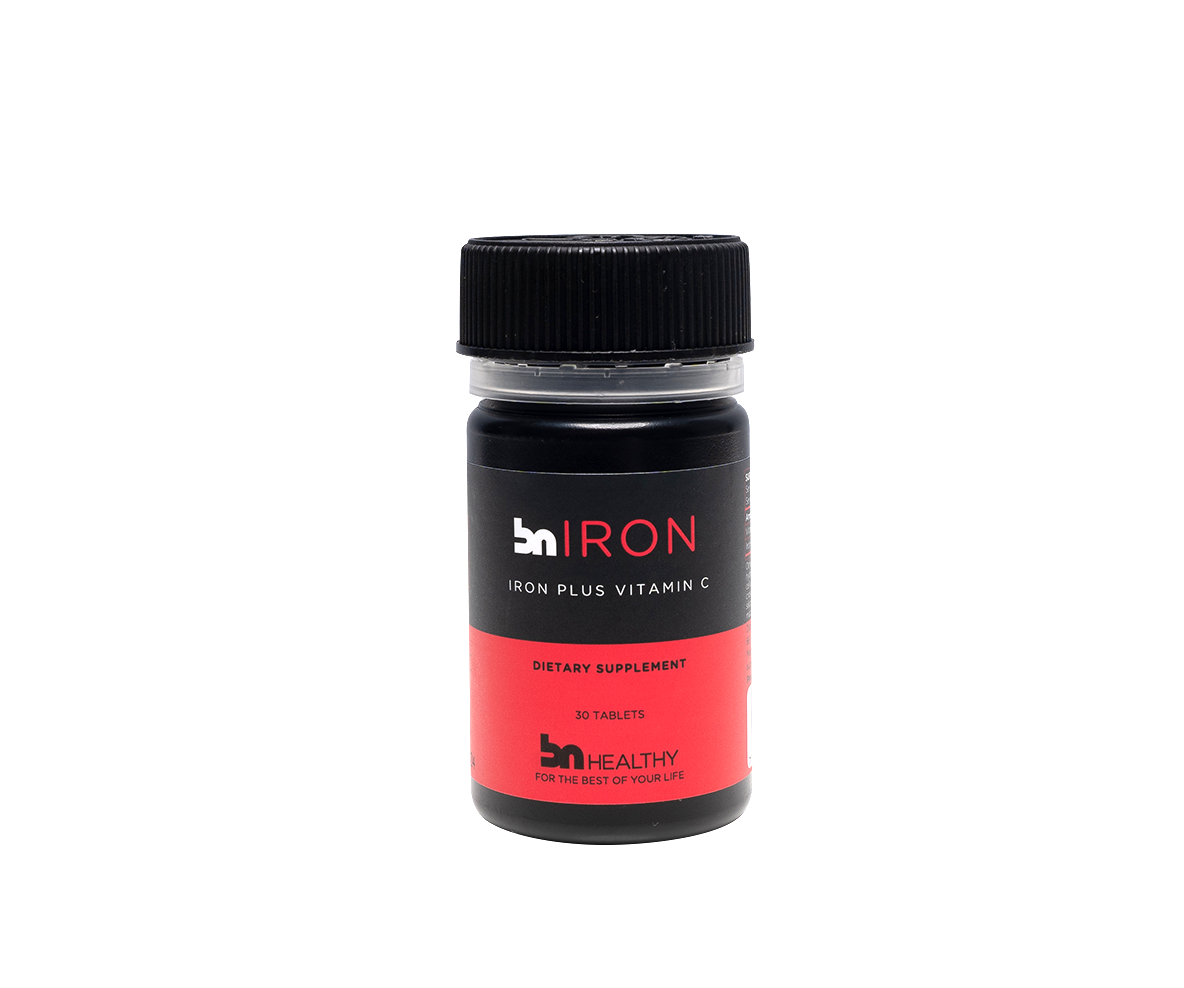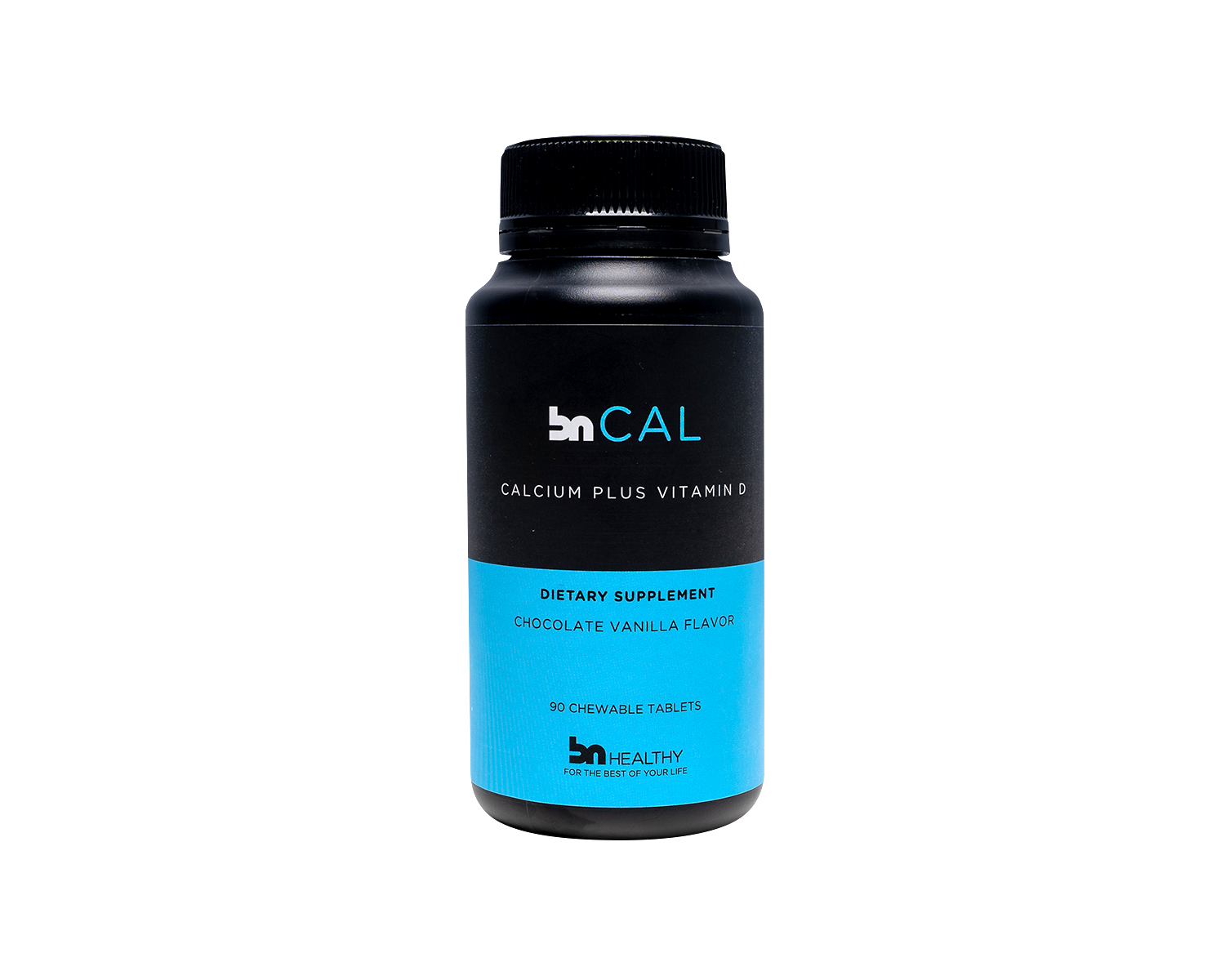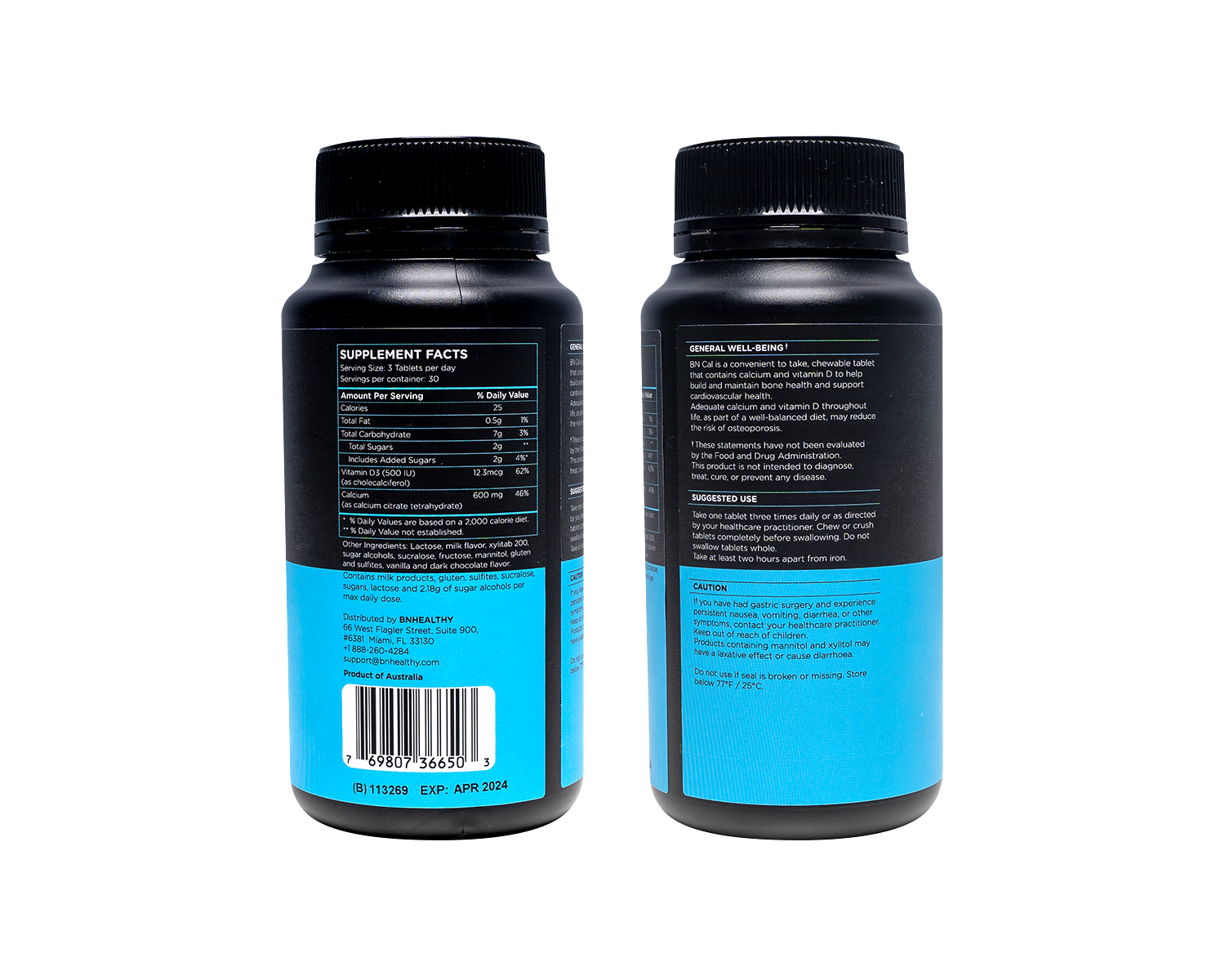July 2022
Jacqui Lewis - BHSc Nutritional and Dietetic Medicine
The Effects on Iron, Vitamin B12 & Calcium Absorption
After Weight Loss Surgery

We know Bariatric procedures such as the Gastric Bypass and Gastric Sleeve help you achieve amazing weight loss. They can help eliminate weight-related diseases such as type two diabetes and hypertension.
It's not an exaggeration to say these surgeries are life-saving.
Weight Loss Surgery results are maximized through proper nutrition, an exercise regimen, and those little things called vitamin and mineral supplements. By including daily Bariatric vitamin and mineral supplements into your routine, your body will function properly, increasing your chances of long-term success.
One thing that also comes with Weight Loss Surgery is malabsorption, which is your body's inability to absorb some nutrients. While this occurs for other reasons in diseases such as cystic fibrosis, the cause of malabsorption from Bariatric Surgery is simple: Your stomach's size has been significantly altered.
Your body can not consume the number of calories it is used to, coupled with the mechanical changes the surgeon makes to your digestive system also reduces the absorption of some nutrients. So from day one after surgery, you will need to take these as a supplement to fill the gap between what you get from food and what you need to maintain your health.
The good news is that by taking daily Bariatric vitamin and mineral supplements, you can trust that you are safely making up the shortfall daily. Think of it as your own personal insurance policy!
What are the key nutritional deficiencies seen after surgery, and why do they happen?
Iron, vitamin B12 and calcium are the leading players affected after Weight Loss Surgery. In addition, Gastric Bypass patients may expect impacts on fat-soluble vitamins A, D, E, and K.
Although it's not a trip to see the circus, regular blood testing is critical to make sure your vitamin levels are in a healthy range. This will prevent serious health problems that can develop over time.

Iron
What role does iron play in your body?
Iron is vital for producing red blood cells and involves several processes such as oxygen transport. Iron deficiency is the most common vitamin deficiency, affecting about 35%-48% of Bariatric patients within the first year.
Symptoms of iron deficiency include:
1. Brain fog: You may be forgetful of things you usually remember with ease (where did I leave my keys?).
2. Poor sleep: Feeling exhausted but not staying asleep right through the night.

3. Low energy: You will find yourself out of breath from physical exertion that you are generally comfortable with.
4. Dark circles under your eyes: Pale tone inside the eyelids also shows a lack of iron.
6. A craving for non-food materials: This one is not very common - but I'm sure you've heard of pregnant women craving dirt. This is PICA - the body is crying out for iron and will seek any substance that might have some iron in it.

Why does iron deficiency occur?
For iron to be absorbed by your body, it needs stomach acid. A result of bariatric surgery is lower acid levels in your stomach, so iron can make its way through your digestive system without ever being absorbed.
Even before surgery, the amount of iron absorbed from food is about 10% in a healthy body, which is significantly reduced post-surgery.
Treatment
High-risk patients for an iron deficiency, such as menstruating women, need 50-100 mg of an iron supplement daily. Low-risk patients need approximately 35 mg of an iron supplement per day. Iron supplements should also be taken with vitamin C to increase iron absorption.
A secondary option to treat iron deficiency is through iron infusions - however, you need to consult your physician to see if you qualify. Although an effective alternative, taking Bariatric supplements immediately after surgery will be key in preventing you from needing an infusion.
Vitamin B12
Vitamin B12 is stored in your body so that you won't notice symptoms of a deficiency immediately. However, if you haven't taken your Bariatric vitamin supplements daily, a vitamin B12 deficiency is prevalent around 2-3 years after surgery, once your body's supply has depleted.
Vitamin B12 is responsible for DNA health, blood cell production, and protecting our nervous system.
Although possible in all weight loss procedures, in particular, symptoms of vitamin deficiency after Gastric Bypass for vitamin B12 include:

1. Brain fog (those keys…)
2. Fatigue
3. Anemia
4. Pins and needles; numbness in hands and feet
5. Burning feet; yes, they feel hot and burning!
A vitamin B12 deficiency is a level below 200 pg/mL. Depending on the severity of the deficiency, the treatment for patients is taking 700-1,200 mcg per week of vitamin B12. The deficiency usually resolves after a few weeks. BN Healthy's BN Multis have enough B12 to meet your daily needs. But if you reach a deficiency, you can take the BN Healthy B12 Melts alongside until your B12 levels are back in the healthy range.
Calcium
Calcium is responsible for
- Keeping your heart beating
- Muscles contracting
- Maintaining bone strength
- Weight loss
However, calcium deficiency after Bariatric Surgery is common in patients. Calcium works with vitamin D to be adequately absorbed in an acidic environment.

If your vitamin D levels are low, this is associated with a decrease in calcium absorption. Problems with bone density are the effect of calcium malabsorption, which needs to be treated early.
The main long-term result of a calcium deficiency is osteopenia, and more advanced is osteoporosis, or brittle, easily broken bones. Your teeth are also made of calcium - so you might find the dentist is suddenly concerned about dental caries or anomalies in the enamel of your teeth.

Not all calcium is created equally. After Bariatric Surgery, your body absorbs calcium citrate better than calcium carbonate, which requires stomach acid for absorption.
Many Bariatric Patients take acid blockers after surgery to reduce reflux, further impacting calcium absorption. Your Dietitian will give you a "goal" or a daily amount of calcium you need to supplement. It is dependent on your age, sex, and your family history.
In a nutshell, you can see how the surgery impacts your body's chances of remaining "nutritionally fit". Taking a specifically formulated Bariatric Multivitamin is the best way to fill these gaps daily, so you can go on and live - The Best Of Your Life.
Related Products











